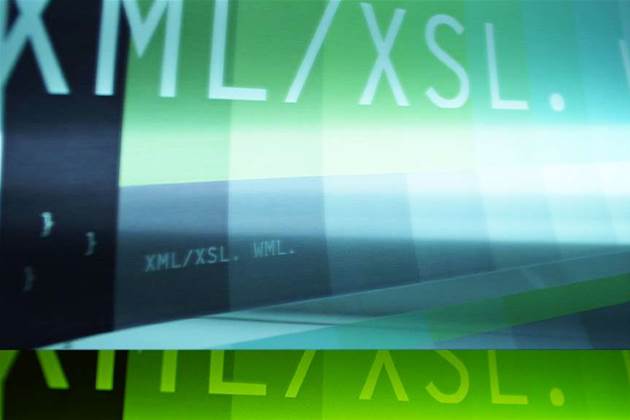
Turnitin provides software to schools that can be used to stop students who have downloaded papers or materials from the internet and used them in exams and coursework.
But the company has also been copying essays sent in for checking and adding them to its database.
"All of these kids are essentially straight-A students, and they have no interest in plagiarising," Robert A. Vanderhye, an attorney at law firm McLean representing the students pro bono, told the Washington Post.
"The problem with [Turnitin] is the archiving of the documents. They are violating a right these students have to be in control of their own property."
The students took the precaution of copyrighting their papers and submitted them with explicit instruction that they were not to be archived by Turnitin.
However, they claim that the company did just that and are suing for six papers copied at $150,000 apiece.
"Typically, if you quote something for education purposes, scholarship or news reports, that's considered fair use," said Andrew Beckerman-Rodau, co-director of the intellectual property law programme at Suffolk University Law School.
"But it seems like Turnitin is a commercial use. They turn around and sell this service, and it's expensive. And the service only works because they get these papers."


_(28).jpg&h=140&w=231&c=1&s=0)







 iTnews Executive Retreat - Security Leaders Edition
iTnews Executive Retreat - Security Leaders Edition
 iTnews Benchmark Awards 2026
iTnews Benchmark Awards 2026
 iTnews Cloud Covered Breakfast Summit
iTnews Cloud Covered Breakfast Summit
 The 2026 iAwards
The 2026 iAwards












_(1).jpg&h=140&w=231&c=1&s=0)



